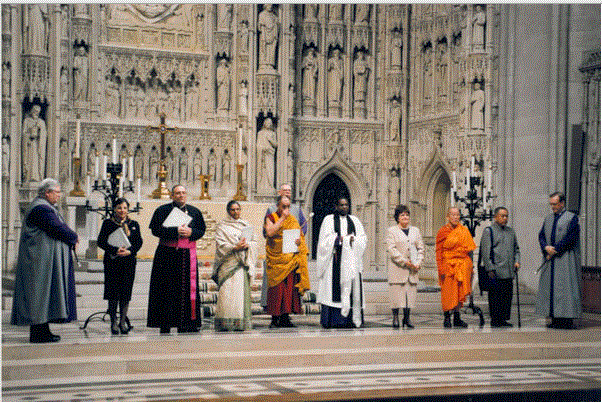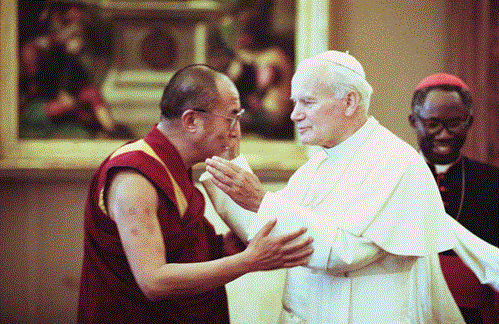by James Carlton Stephens
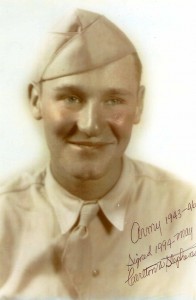 It was the most intense spiritual pain I had ever felt. I doubled to the ground weeping as I heard that my Father Carlton had just passed into eternity. Death waits for no man, it comes suddenly and then the preparations need to be made. The mortuary called. “Do you want him embalmed? Is there going to be an autopsy?”
It was the most intense spiritual pain I had ever felt. I doubled to the ground weeping as I heard that my Father Carlton had just passed into eternity. Death waits for no man, it comes suddenly and then the preparations need to be made. The mortuary called. “Do you want him embalmed? Is there going to be an autopsy?”
As I spoke with the funeral director I asked him, “How are Christian’s and Jew’s burials traditionally handled?”
“They are buried. Some are put in a simple white shroud.” The option of cremation did not even come up. The body was not embalmed, nor made up, but placed in a simple closed pinewood coffin, and shipped to Texas for transport to Oakland Cemetery near Gorman where Carlton grew up and his parents are buried.
Our family flew out and the memory of the drive in the station wagon hearse through the countryside, the farmers pausing in the field, removing their hats, and bowing their heads in respect of one of theirs who had passed was deeply moving.
A Texas colleague Brant Pelphrey had kindly driven down to conduct the graveside service. Relatives we had never met were in attendance from the Stephens’ family line, an emotional passage in time.
God was so gracious to us throughout the process. Our fellowship group, Joint Heirs had pulled together finances enabling our family to fly out to Texas. Elizabeth’s father David had contributed $500, and then the mortuary bills amounting to $5,000 were taken care of in a rather mysterious chain of events.
When Dad passed, his second ex-wife called me to pick up his belongings, items she decided not to keep. One of our interns Randy Ritzema accompanied me to her home in Camarillo. I’d asked Elizabeth as I prepared to go to throw the dolly in the back of the pick-up, but somehow it was overlooked.
As we were taken into the room where he passed I recalled the conversation I’d had with the paramedic, himself a Christian, who said his countenance was full of light as if he had just seen Jesus receive him in his home going. It was encouraging. He said he’d seen the contrary, too many times; the horrible countenance of those who passed into eternity without making peace with their Creator Jesus Christ.
I was taken aback when I discovered evidence that his suits and clothes had been gone through as if she had been searching for something. After we’d cleaned out his closet I turned my attention to his three drawer file cabinet. As I opened the file drawer, she said, ‘I did find a rough will for you.’
As I prepared to move the filing cabinet to the pick-up, we didn’t have the cart, so we took out one drawer at a time. As I took out the final bottom drawer, there at the bottom was an envelope with a cartoon drawing that my Dad loved to doodle so often. His ex-wife excitedly said, “Open it!”
So I did and as I opened it, my eyes were met by $100 bills, $5,000 to be exact. The amount that the funeral bills totaled! Nothing takes God by surprise! Earlier I had asked my brother and mother to help, but to no avail. And his ex-wife snidely added, “O that’s where he hid it.”
The mortuary director prior to my finding the envelope had suggested a payment plan, but I in faith said, “I believe God will take care of it. Could you hold the credit card payment for a day? God is faithful He knows what we need before we even ask.” Our faith was cemented in place by God’s goodness.
At Oakland Cemetery, after the internment we had communion and concluded by singing the great hymn, “Great is Thy Faithfulness.” Unbeknownst to me it was written by Thomas O. Chisholm in 1923, the same year my Dad Carlton was born.
Great is Thy faithfulness, O God my Father;
There is no shadow of turning with Thee,
Thou changest not, Thy compassions they fail not,
As Thou hast been, Thou forever wilt be.
Great is Thy faithfulness!
Great is Thy faithfulness!
Morning by morning new mercies I see
All I have needed Thy hand hath provided
Great is Thy faithfulness, Lord unto me!
Summer and winter and springtime and harvest,
Sun, moon, and stars in their courses above;
Join with all nature in manifold witness,
To Thy great faithfulness, mercy, and love.
Pardon for sin and a peace that endureth,
Thine own dear presence to cheer and to guide;
Strength for today, and bright hope for tomorrow
Blessings all mine, with ten thousand beside.
God had shown His merciful hand to our sorrowing family as only He can. His presence was strong that day. On my Dad’s tombstone is now engraved, “My flesh and my heart may fail, but God is the strength of my heart and my portion forever.” Psalm 73:26
Indeed His Word is a light to our path and a lamp unto our feet. “Trust in the Lord with all thine heart, and lean not unto thine own understanding. In all thy ways acknowledge him, and he shall direct thy paths.” -Proverbs 3:5-6.
A Biblical Perspective on Cremation
Ever since our landlady’s daughter ran out of the house screaming after she found her father’s cremains in a jar, I have been wrestling with the subject of cremation and proper Christian burial rites. While she had the option of taking them to the local cemetery, she instead chose to bury them in the front yard under a juniper tree. It was quite uncomfortable thinking about Ernie being buried on the premises.
As I thought back on the course of my arrangements with the mortuary, I realized that the subject of cremation had never once come up with the mortuary director. I assumed that the Christian perspective on burial was settled; that is until I started a search on the internet where I discovered a wide range of opinions about this increasingly delicate subject.
So why is a biblical perspective necessary? A survey conducted by George Barna’s group the American Culture and Faith Institute on May 24, 2017 revealed a disturbing gap in the Church which may provide some justification for presenting a biblical perspective, in which they found that “only 30% of born again adults have a biblical worldview.” Few pastors touch on this subject and not a few prominent pastors permit the practice. Most believers are familiar with junk mail that arrives periodically in their mailbox touting the services of the Neptune Society who remind us, “It’s cheaper! It’s environmentally friendly!” Teaching on the subject is almost nonexistent.
However, tales of ashes being spread at Disneyland at one’s favorite ride abound. The ride, “It’s a Small World,” the Haunted House, and Space Mountain seemed be among the favorites. Others have chosen a more expensive and otherworldly method by having their ashes delivered into space on Space X. One Buddhist friend has a vase with one of his members in his home; another neighbor has his mother’s on his shelf. When the choice of burial is left to the public, let the family fights begin.
Who’s in charge of Ernie’s ashes? Do we inter cremains (the term applied to the remains left after cremation) in our front yard under the juniper tree or at Forest Lawn’s Columbarium established for individual memorial spaces? Their memorial cremation package starts at $5,595 and that doesn’t include the columbarium and the burial sites which range in price up to $16,500 in the Garden of Contemplation. If you choose your ashes to be interred in one of the 4,794 underground crypt spaces in the Cathedral of Our Lady of the Angels in Los Angeles you should expect to shell out $20,000 as a starting price for one of the 4300 crypts or cremains niches to lay beside the likes of Gregory Peck or the third century Catholic martyr Saint Vibiana.
A Brief History of Cremation in America
Until the late 1800’s, the question of cremation was reserved to those few on the fringes, such as Colonel Henry Steele Olcott and Madame Blavatsky, Theosophists and known widely in Buddhist circles as the White Buddhists. Olcott in particular was set on introducing the Hindu practice of cremation into the US and did so through an immigrant from Europe who wanted the right to be buried as Hindus and Buddhists were in Asia. Olcott exclaimed when Baron Joseph Henry Louis Charles De Palm made his burial plans explicit, “Here, at last, was the chance of having a body to burn.” And so the wheels were set in motion to host the first cremation. His biggest hurdle was that crematoriums did not yet exist in America. When Olcott announced the cremation, over two thousand tickets were sold and the press was set in a feeding frenzy. Madame Blavatsky, completing her magnum opus Isis Unveiled was to be present with her disciples performing their incantations, waving palm leaves over the coffin surrounded
by seven candles representing seven planets. As the ceremony began Olcott, exclaimed, ““There is but one first cause, uncreated,”
A Methodist minister interrupted and exclaimed “That’s a lie!”
It was written in the Theosophical account of the ceremony, “As the troublesome Methodist was led away by the police, Madame Blavatsky, seated among the audience, stood up and pointed accusingly at him. “He’s a bigot—that’s what he is!” she yelled indignantly. The crowd burst into laughter, and any remaining tension was harmlessly dissipated.” Human nature has not changed as social justice warriors pushing cultural and religious boundaries continue to attempt to push their own agendas.
Although an open air cremation was not allowed at the time, the Baron’s body was preserved in clay until a crematory could be found. It was not long until an eccentric doctor who had built a crematory offered to perform the ceremony. The press attended and wrote that it was a horrific sight as the Barron’s burning remains looked like a mummy or as one journalist wrote, “a roasted pig.” Afterward the ceremony, they scattered his ashes in a local body of water.
Whose Authority Are We Under?
For Hindus and Buddhists cremation has been an ancient cultural practice that continues to this day. Recently, the world’s longest reigning monarch, King Bhumibol Adulyadej of Thailand passed away and preparations for his cremation involve a temple to perform his last rites. It will take over a year to construct and will be accompanied by elaborate ceremonies across the nation.
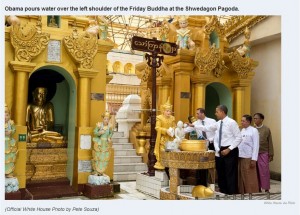 What pattern are we following as Christians? We are taught “Do not imitate the detestable practices of the nations” (Deuteronomy 18:9). Wayne Jackson in “The Burial of Christ’s Body” is careful to emphasize not only the death, but also the burial of Jesus Christ. It was the custom of the ruling Sanhedrin for any sentenced to death “not to be buried in the sepulchers of their fathers; but two burying places were appointed by the council, one for those that were slain by the sword and strangled, the other for those that were stoned who also were hanged and burnt (Lightfoot, 2.374; emphasis original).
What pattern are we following as Christians? We are taught “Do not imitate the detestable practices of the nations” (Deuteronomy 18:9). Wayne Jackson in “The Burial of Christ’s Body” is careful to emphasize not only the death, but also the burial of Jesus Christ. It was the custom of the ruling Sanhedrin for any sentenced to death “not to be buried in the sepulchers of their fathers; but two burying places were appointed by the council, one for those that were slain by the sword and strangled, the other for those that were stoned who also were hanged and burnt (Lightfoot, 2.374; emphasis original).
When our LORD Jesus Christ died His body was prepared by Joseph, a secret believer within the Sanhedrin, according to Jewish tradition and laid it in his sealed tomb prior to His physical resurrection.
Have we sought to carefully search the Scriptures regarding the subject of cremation? Some use the excuse that the subject of cremation is not prohibited in the Bible, so is not an issue. Other individuals resort to pragmatic, non-biblical reasoning and claim that it is ecologically friendly and inexpensive. As Bible believing Christians our source of authority is not pragmatism, but the Word of God.
But, claims one believer a medical doctor in Santa Barbara, there is nothing wrong with cremation, it is good for the environment. He said, ‘I think it would be peaceful having my ashes sprinkled among some trees.’ Although the following passage does not directly relate to cremation, it reminds us of our duty to diligently search the Scriptures to make sure that what is being taught is according to His Word. “Jesus answered and said unto them, you do error not knowing the Scriptures, nor the power of God (Matthew 22:29).” In the parable of the wedding feast Jesus spoke about His Kingdom in a parable and how the acts of disobedience were treated by the King. Their mistreatment of His Son was not taken lightly as those who delivered the invitation were brutally murdered. His just response was the burning of their city. Yes, burning.
“The kingdom of heaven is like unto a certain king, which made a marriage for his son, And sent forth his servants to call them that were bidden to the wedding: and they would not come. Again, he sent forth other servants, saying, Tell them which are bidden, Behold, I have prepared my dinner: my oxen and my fatlings are killed, and all things are ready: come unto the marriage. But they made light of it, and went their ways, one to his farm, another to his merchandise: And the remnant took his servants, and entreated them spitefully, and slew them. But when the king heard thereof, he was wroth: and he sent forth his armies, and destroyed those murderers, and burned up their city. Then saith he to his servants, The wedding is ready, but they which were bidden were not worthy. Go ye therefore into the highways, and as many as ye shall find, bid to the marriage (Matthew 22:1-9).”
Cremation Scriptures:
The following Scriptures speak about the undesirable nature of cremation, of burning human remains and the importance of the human body, soul and spirit. Our Lord Jesus Christ was not cremated, but was crucified, died, and interred in a rich man’s tomb according to a 700 year prophecy in Isaiah 7:14, and rose from the dead. His body, soul and Spirit served as a witness to those who did not believe in the bodily resurrection. He appeared to his disciples and others who beheld Him and also ate a meal He prepared for them of fish on the Sea of Galilee which He partook of, demonstrating that He was and is not a ghost, but the Risen Savior of the World.
So why has cremation as a burial rite grown so dramatically? In 1999, over 25 percent chose cremation and it is predicted that by 2017 it will be 50 percent. Are there fewer Christians or has the Church adopted the wishes of its congregants? In response to the rapid adoption of cremation permitted by the Catholic Church since 1963, the Vatican announced in 2017 that it does not support the scattering of ashes, nor keeping loved one’s ashes at home in an urn or being made into jewelry. It reconfirmed that they believe in a bodily resurrection of the dead and urge those who have chosen cremation to have their loved ones interred in a cemetery or columbarium awaiting that final call.
Why are there no crematories in Israel?
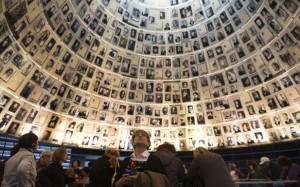 The Nazi extermination program at Auschwitz of the Jewish people was heavily weighted towards cremation. The acrid white smoke of burning human flesh hung over the valleys and was a daily reminder to those imprisoned that their time was short. The survivors of Auschwitz, including my late father in law David Lascar, himself a prisoner and laborer in various concentration camps in Germany, spoke little about the horror of his experience. He was assigned as a gas pipefitter. One can only imagine what his assignment was. As he lay on his death bed he moaned, “Save the children from the gas chambers!”
The Nazi extermination program at Auschwitz of the Jewish people was heavily weighted towards cremation. The acrid white smoke of burning human flesh hung over the valleys and was a daily reminder to those imprisoned that their time was short. The survivors of Auschwitz, including my late father in law David Lascar, himself a prisoner and laborer in various concentration camps in Germany, spoke little about the horror of his experience. He was assigned as a gas pipefitter. One can only imagine what his assignment was. As he lay on his death bed he moaned, “Save the children from the gas chambers!”
The memory of Auschwitz is fresh in the minds of those who survived and in the generations following who annually commemorate Yom HaShoah, Holocaust Remembrance Day. A crematorium would be an anathema to the Jewish people, salt in fresh wounds.
Americans don’t like to talk about death the prerequisite for cremation. One doesn’t see many mortuary door to door salesman peddling crypts to a neighboring cemetery. But death comes and few plan for its arrival. What’s the easiest way to dispose of Ernie’s ashes? Depends on where one lives. Today, it seems it is more often than not left to chance or a family squabble.
Why then is cremation an anathema?
Many initially begin with the death of King Saul on the battlefield with his sons (I Samuel 31:12; II Samuel 2:4-6). However, some read more into the rationale for cremation than is actually in the text. Recall, King Saul was decapitated by his enemies who proudly displayed his remains on their city wall. His body stripped of its armor and dignity, the Israelites retrieved it and decided to burn him as his body was marred almost beyond recognition. They did however preserve his bones and gave them a stately burial.
According to a search of the Hebrew scholars website Sefaria which has digitized over a million pages of Hebrew related text, Hebrew religious expert David Zimmer emphatically states, “We can find no source in Tanakh (Old Testament) for cremation of the human body as part of a Jewish tradition for honorable burial.” The Scriptures wholeheartedly attest against the practice as a close study of the Word will demonstrate.
As one remembers Achan who fought in a battle alongside of Joshua who commanded that no spoils be taken from their enemy. Achan, enticed by the beauty of an embroidered fabric, bars of gold and silver, chose to hide the forbidden booty under his tent. An example was made of his disobedience and his entire family and flock stoned and then burnt them. (Joshua 7:15, 25).
In the Torah, burning was required for certain types of immoral behavior. “And if a man take a wife and her mother, it is wickedness: they shall be burnt with fire, both he and they: that there be no wickedness among you” (Leviticus 20:14).
Recall also the prophet who lived almost 300 years before King Josiah in I Kings 13:1-2. There “came a man of God out of Judah by the word of the Lord unto Bethel: and Jeroboam stood by the altar to burn incense. And he cried against the altar in the word of the Lord, and said, O altar, altar, thus saith the Lord; Behold, a child shall be born unto the house of David, Josiah by name; and upon thee shall he offer the priests of the high places that burn incense upon thee, and men’s bones shall be burnt upon thee.”
And then in fulfillment of the man of God’s prophecy, Josiah enters the scene. “Furthermore, the altar that was at Bethel and the high place which Jeroboam the son of Nebat, who made Israel sin, had made, even that altar and the high place he broke down. Then he demolished its stones, ground them to dust, and burned the Asherah. 16Now when Josiah turned, he saw the graves that were there on the mountain, and he sent and took the bones from the graves and burned them on the altar and defiled it according to the word of the LORD which the man of God proclaimed, who proclaimed these things. 17Then he said, “What is this monument that I see?” And the men of the city told him, “It is the grave of the man of God who came from Judah and proclaimed these things which you have done against the altar of Bethel.”…
After James and John, the sons of thunder itinerating with their LORD Jesus observed that His message was not received asked, “Lord, do you want us to call fire down from heaven to destroy them (Luke 9:54)?”
Jesus replied indirectly and likened their judgment to those cities which were unrepentant, “Woe to you, Chorazin! Woe to you, Bethsaida! For if the miracles that were performed in you had been performed in Tyre and Sidon, they would have repented long ago, sitting in sackcloth and ashes. But it will be more bearable for Tyre and Sidon at the judgment than for you. And you, Capernaum, will you be lifted to the heavens? No, you will go down to Hades (Matthew 11:21).”
Jeremiah the prophet spoke directly to the King carrying forth the Word of the LORD warning of the destruction to come upon the city if he did not repent. “All the counsel you have received has only worn you out! Let your astrologers come forward, those stargazers who make predictions month by month, let them save you from what is coming upon you. 14 Surely they are like stubble; the fire will burn them up. They cannot even save themselves from the power of the flame. These are not coals for warmth; this is not a fire to sit by. 15 That is all they are to you— these you have dealt with and labored with since childhood. All of them go on in their error; there is not one that can save you” (Jeremiah 29:22).
The more one searches the Scriptures, the more on discovers that the refining fire of God purges and is a tool He uses to judge His enemies and chasten His disobedient people. The very Scripture that originally convicted me of sin and my need for a Savior was “But the Day of the Lord will come as a thief in the night, in which the heavens shall pass away with a great noise, and the elements shall melt with fervent heat. The earth also and the works that are therein shall be burned up.”
But with judgment there is also a promise and directive from the LORD, “Since everything will be destroyed in this way, what kind of people ought you to be? You ought to live holy and godly lives as you look forward to the day of God and speed its coming. That day will bring about the destruction of the heavens by fire, and the elements will melt in the heat. 13 But in keeping with his promise we are looking forward to a new heaven and a new earth, where righteousness dwells (2 Peter 3:10-11).
Justifying cremation is difficult in the full light of Scripture. While nothing is impossible for God, e.g., reconstituting those who have been burned in horrible fires or burned at the stake, our LORD Jesus’ burial provides a clear example of a dignified rest of the human body bought with His precious blood. We are not our own, but totally belong to Him in body, soul and spirit.
May the LORD enlighten our eyes and give us wisdom and understanding when death visits and we or our loved ones are ushered into your eternal rest.
May you know Jesus Christ and Him crucified, believing on His atoning blood as our faithful High Priest and find rest in Him as our sole refuge and consolation for all eternity.
Cremation Study Scriptures
Leviticus 20:14; 21:9
1 Samuel 31:12; 2 Samuel 2:4-6; 2 Samuel 23:7.
Joshua 7:15, 25.
1 Kings 13:1-2.
2 Kings 1:10; 23:4; 23:15, 16.
1 Chronicles 14:12.
Deuteronomy 13:16; 32:21-22; 9:21.
Ezekiel 28:18.
Isaiah 47:9-15.
Jeremiah 29:22.
Revelation 20:9
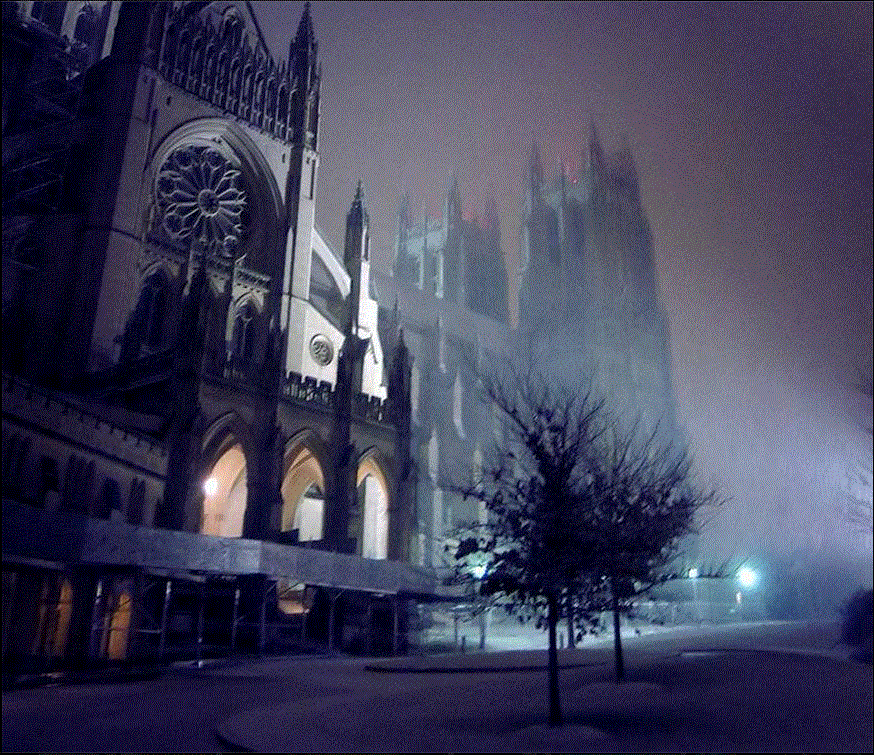




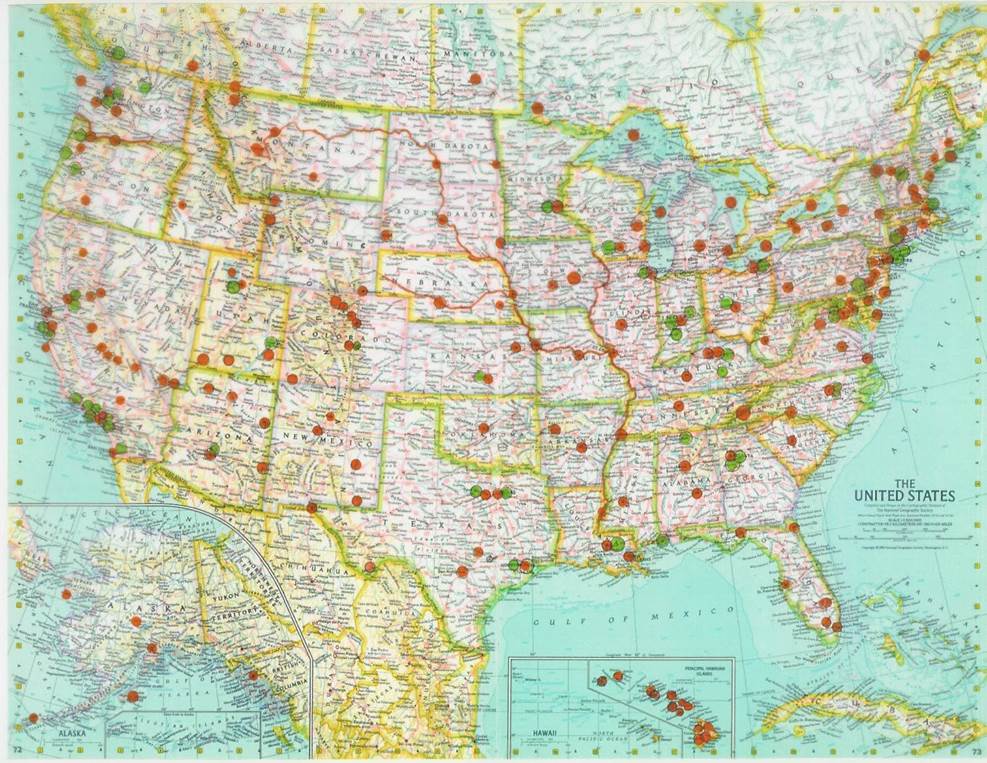



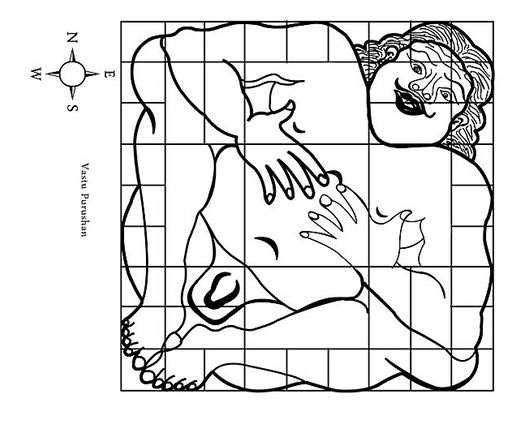
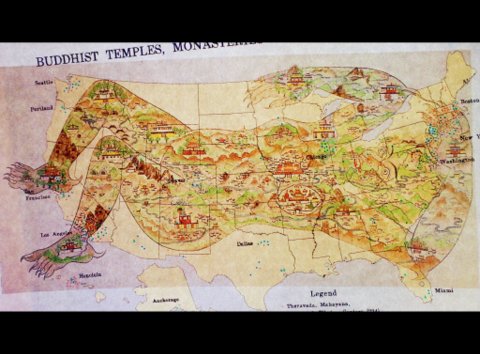
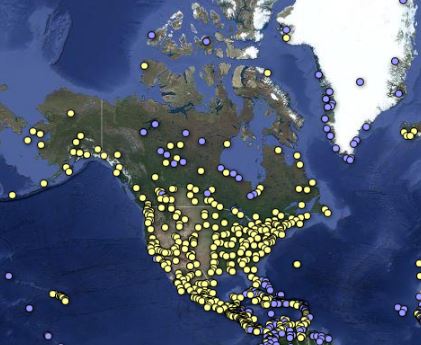



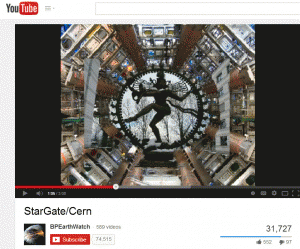


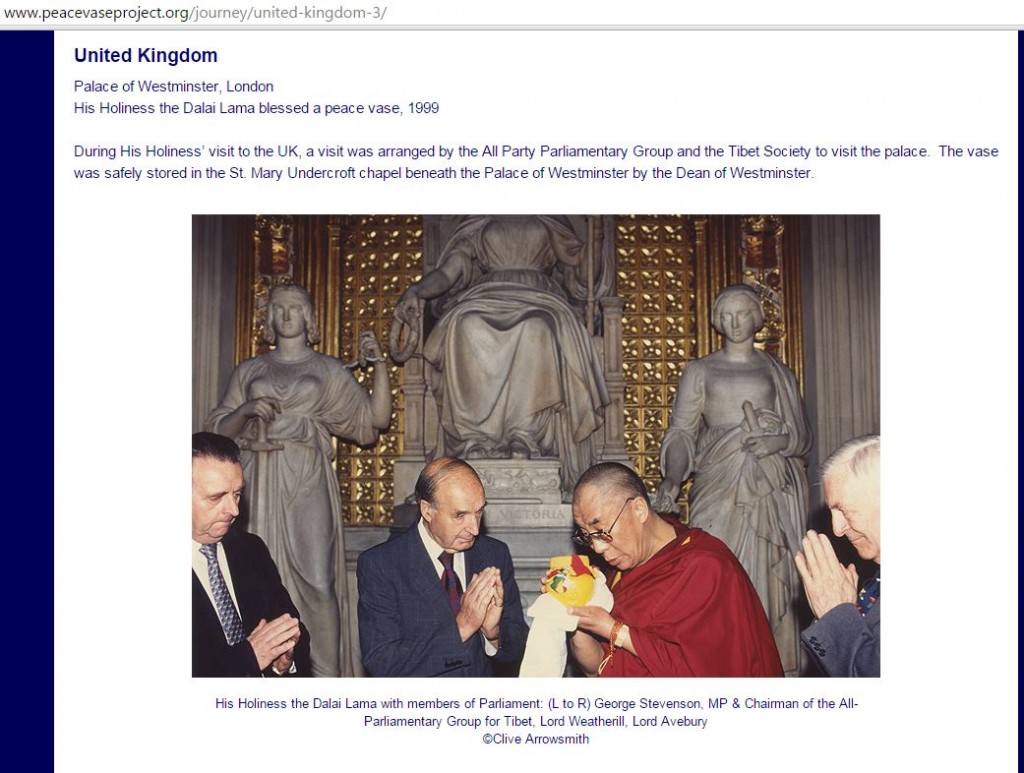
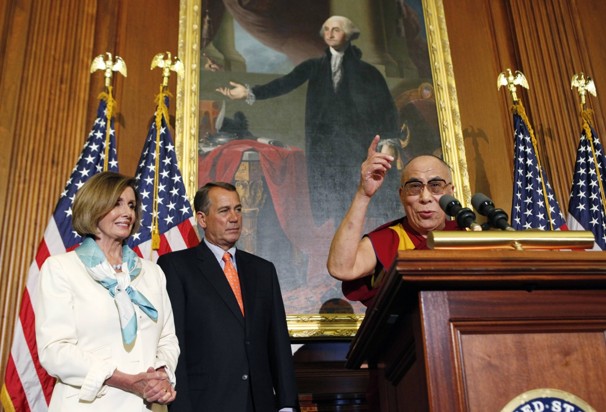


 Джеймс C. Стивънс е възпитаник на Академията по будистки дисциплини и будистки лидер в продължение на четиринадесет години (1970 –1984). През 1978 г. се жени в будистки храм за Елизабет, будистка от еврейски произход. След инцидент по време на будистко поклонение в Япония през 1981 г., последван от интензивно тригодишно духовно търсене чрез различни други религии и практики, Джеймс и Елизабет решават да станат последователи на Исус Христос. През 1999 г. Джеймс завършва магистърска степен по междукултурни науки въвВисши училища „Фулър” и през 2010 г. основава уеб сайта
Джеймс C. Стивънс е възпитаник на Академията по будистки дисциплини и будистки лидер в продължение на четиринадесет години (1970 –1984). През 1978 г. се жени в будистки храм за Елизабет, будистка от еврейски произход. След инцидент по време на будистко поклонение в Япония през 1981 г., последван от интензивно тригодишно духовно търсене чрез различни други религии и практики, Джеймс и Елизабет решават да станат последователи на Исус Христос. През 1999 г. Джеймс завършва магистърска степен по междукултурни науки въвВисши училища „Фулър” и през 2010 г. основава уеб сайта 